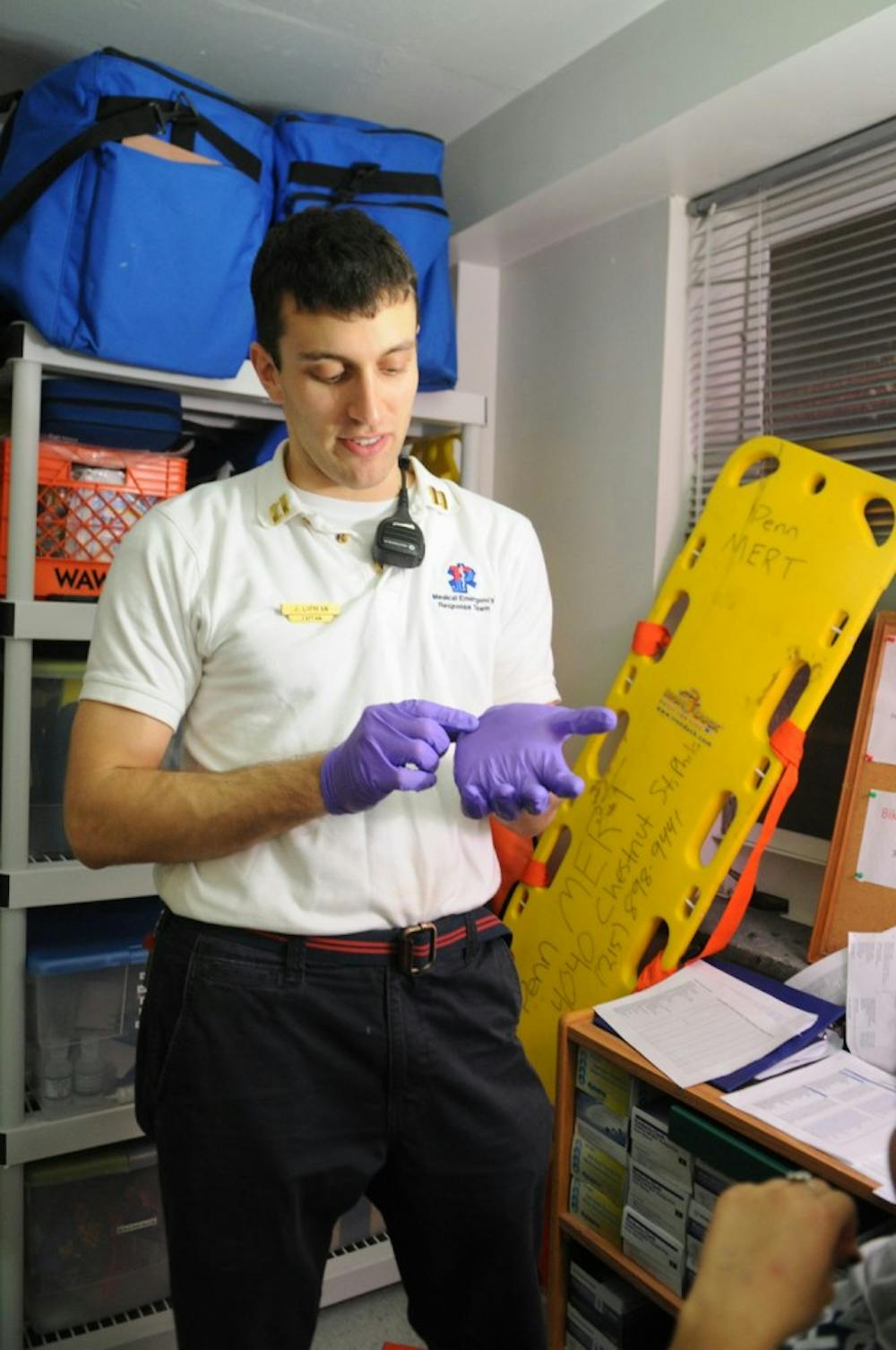
The Division of Public Safety responded to 37 New Student Orientation-related alcohol cases — a 37-percent increase from last year.
This year, 14 alcohol-related incidents — more than a third of the total reported — involved female freshmen.
Vice President for Public Safety Maureen Rush said no students were the target of violent crime during NSO.
“NSO is always a high risk time for all universities,” Director of Alcohol and Other Drug Program Initiatives Julie Lyzinski said, attributing the increase in alcohol reports to a growing “proactiveness among students to call their friends in.”
According to Lyzinski, the early emphasis on Penn’s medical amnesty policy in the Penn Alcohol Module — an online alcohol safety program originally rolled out last year — established a comfort level for students to report cases. The module replaced the Alcohol EDU training course used in previous years.
Despite the increase in alcohol-related incidents, Lyzinski emphasized the overall success of the alcohol education activities, citing a record decrease in the number of unregistered parties and an increase in registered events.
Lyzinski wrote in an e-mail that her office tracks unregistered parties through “Alcohol Monitors” — part-time staff members who monitor campus and “record information on any unregistered events” every weekend school is in session, from Tuesday through Saturday. Alcohol monitors were also present Sunday night because of the holiday weekend, according to Lyzinski.
Undergraduate Assembly President and College senior Matt Amalfitano credited the decrease in unregistered parties to a wide variety of late-night NSO events.
In addition to the four registered NSO events featuring alcohol, Lyzinski said a variety of student groups hosted over 30 non-alcoholic, late-night events.
“It breaks the stigma of only having one way to spend your night,” Amalfitano said.
Partnerships with Greek organizations, such as Phi Kappa Psi’s Comedy Night, bolstered late night NSO activities “by incorporating Greek organizations into the greater Penn atmosphere,” he added.
Despite the plethora of late-night NSO activities, Penn Medical Emergency Response Team Chief and College senior Sourav Bose saw no difference in alcohol reports on nights with NSO-sponsored activities. Though Bose was unable to provide statistics on MERT’s responses, he said the organization saw an increase in the number of cases of individuals found in public spaces, such as street corners.
DPS also reported 50 cases of noise disturbances, a 78-percent increase from last year.
Penn Chief of Police Mark Dorsey said that in most noise disturbance cases, students were highly cooperative in responding to complaints of loud music and parties.
The Daily Pennsylvanian is an independent, student-run newspaper. Please consider making a donation to support the coverage that shapes the University. Your generosity ensures a future of strong journalism at Penn.
DonatePlease note All comments are eligible for publication in The Daily Pennsylvanian.




